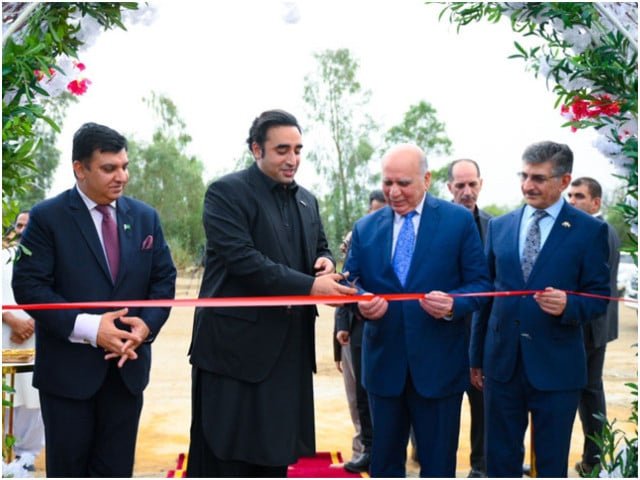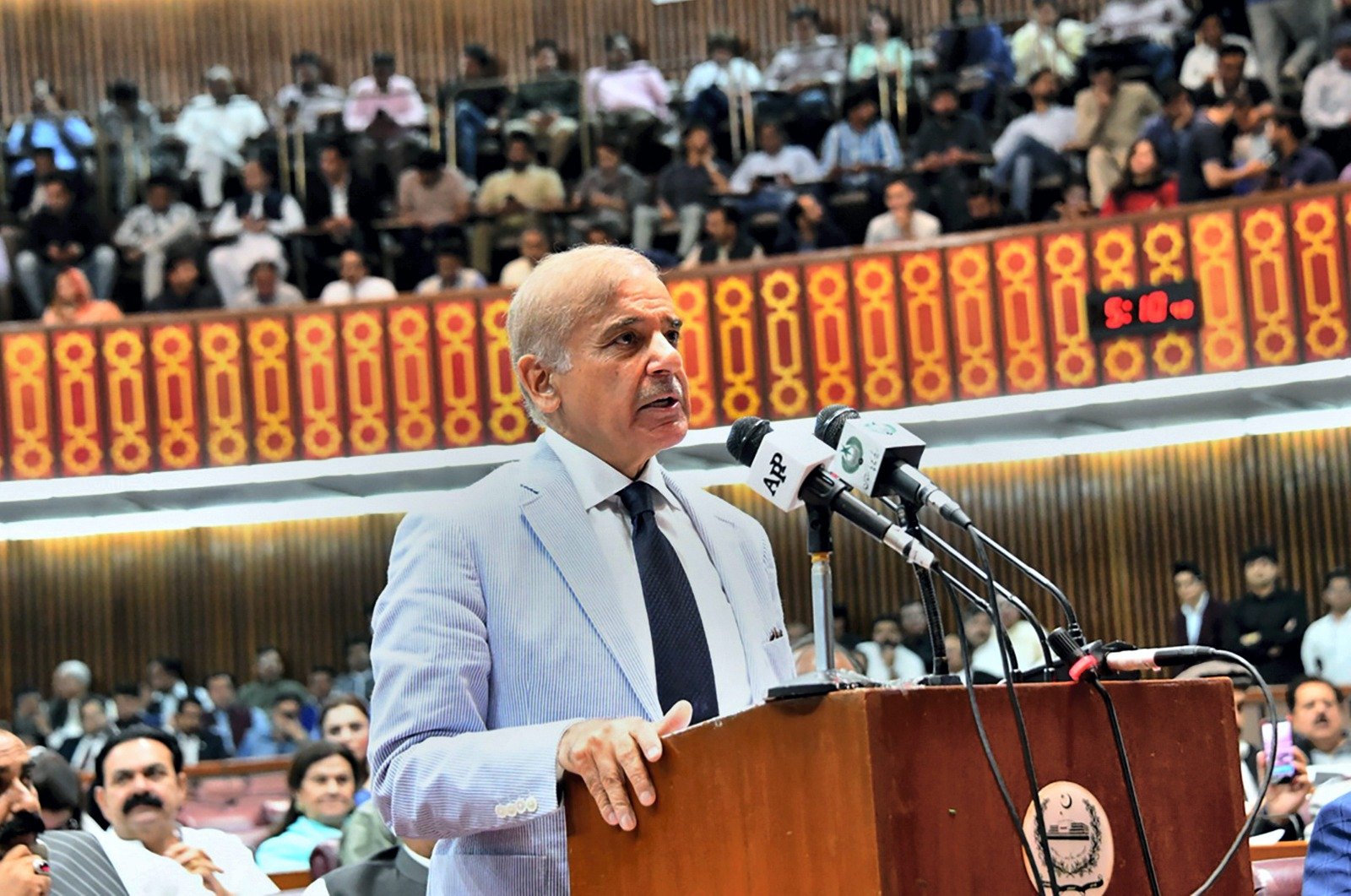Syrian Rebels Declare Victory in Damascus, Announce General Amnesty

In a major development, Syrian rebel forces have taken control of the capital, Damascus, marking what they describe as the end of the long-standing rule of President Bashar al-Assad. The announcement was made by Abu Muhammad al-Julani, the leader of Tahrir al-Sham, on state television.
Key Announcements:
- General Amnesty:
- Rebels declared a general amnesty for all prisoners and released them from detention centers.
- The move is seen as a gesture to foster unity and reconciliation in a post-Assad Syria.
- Assurances to Citizens:
- Abu Muhammad al-Julani pledged to uphold the sovereignty and integrity of a free Syria.
- Public and private properties, as well as national installations, would be safeguarded.
- Directive to Public and Former Soldiers:
- Citizens and former members of the Syrian government forces were advised to avoid state institutions to ensure public safety and order.
Celebrations in Damascus:
- Scenes of Celebration:
- Citizens gathered in Umayyad Square to celebrate the rebel victory.
- Civilians were seen climbing atop Syrian army tanks, symbolizing the fall of the Assad regime.
- No Resistance from Syrian Army:
- Reports indicate that the rebel forces faced no significant resistance as they entered Damascus.
Rebel Leader’s Message:
Abu Muhammad al-Julani declared the beginning of a new era for Syria, ending what he described as a “dark period” under Bashar al-Assad’s rule. The rebel leader emphasized that the group’s objective is to establish a free and unified Syria, and urged the populace to remain calm and cooperative during the transition.
Implications and Next Steps:
This development signifies a critical juncture in Syria’s decade-long conflict. While the fall of Damascus marks a symbolic and strategic victory for the rebels, the focus now shifts to:
- Ensuring stability and governance in areas under rebel control.
- Addressing the humanitarian and economic challenges facing the country.
- Managing potential internal divisions within rebel factions.
The international community is likely to monitor the situation closely, especially regarding the safety of civilians and the future political trajectory of Syria.










